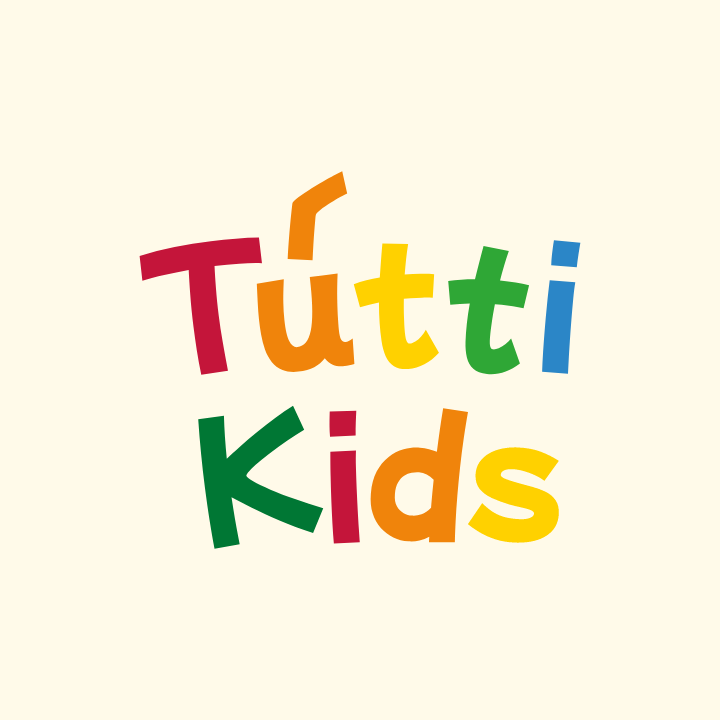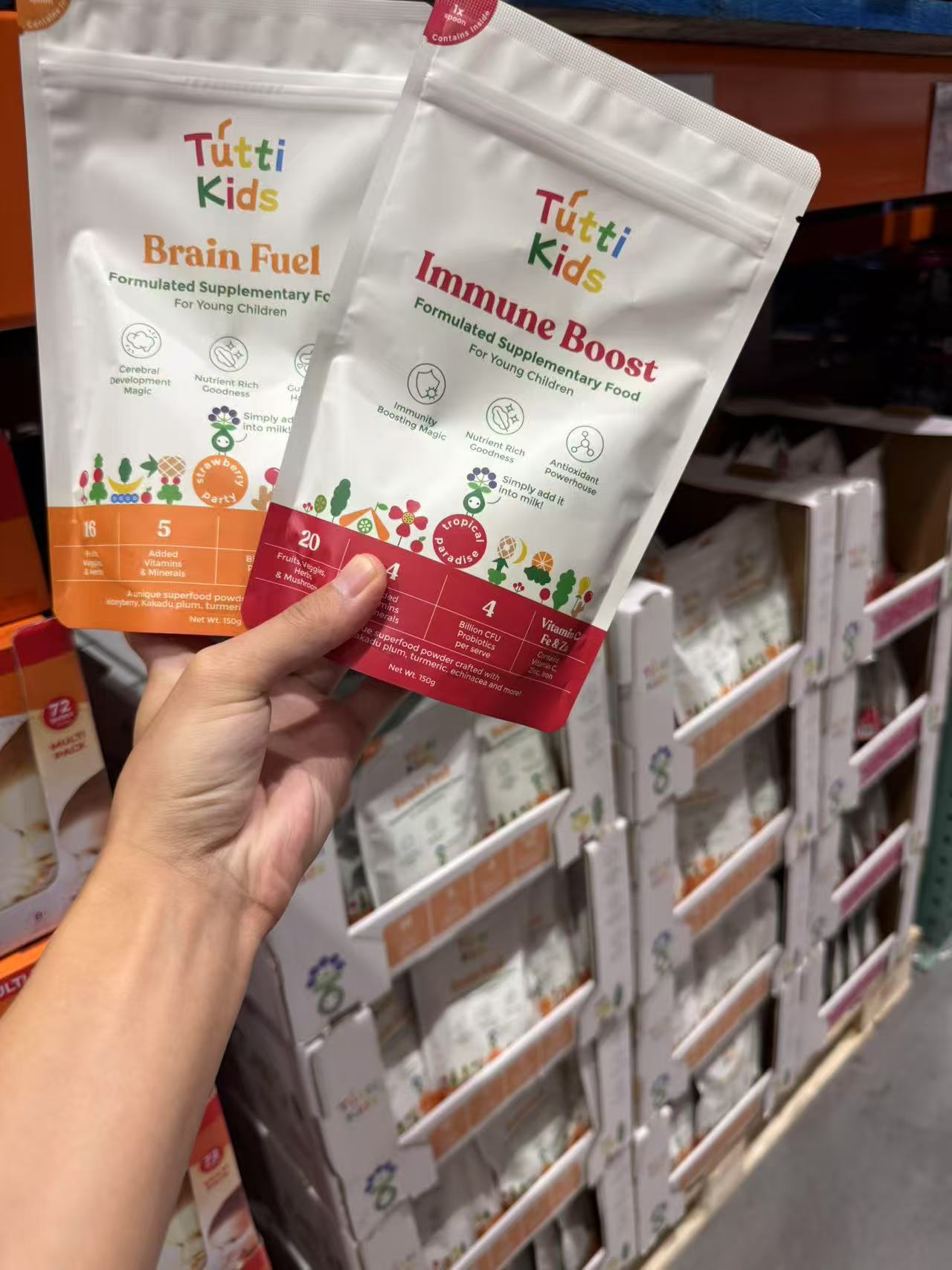Best Vitamins for Supporting Kids’ Concentration and Memory

Why Good Nutrition Matters for Kids’ Brain Health
Key Vitamins and Nutrients for Brain Health
DHA (Docosahexaenoic Acid)
Vitamin A
Vitamin B (including B6 and B12)
Vitamin E
Zinc
Magnesium
How Much of These Nutrients Do Kids Need?
| Nutrient | Suggested Daily Intake (4–8 years) | Suggested Daily Intake (9–13 years) |
|---|---|---|
| DHA | 120–250 mg | 250–500 mg |
| Vitamin A | 400 µg RAE | 600 µg RAE |
| Vitamin B6 | 0.6–1.0 mg | 1.0–1.3 mg |
| Vitamin B12 | 1.2–1.8 µg | 1.8–2.4 µg |
| Vitamin E | 7 mg | 11 mg |
| Zinc | 5–7 mg | 8–9 mg |
| Magnesium | 130–240 mg | 240–410 mg |
Signs of Good Brain Health and Concentration
Sources of Brain-Boosting Vitamins
| Nutrient | Food Sources |
|---|---|
| DHA | Oily fish (salmon, sardines, tuna), fortified eggs, algal oil supplements (plant-based DHA) |
| Vitamin A | Sweet potatoes, carrots, spinach, mangoes |
| Vitamin B6 | Wholegrains, chicken, turkey, leafy greens, bananas |
| Vitamin B12 | Meat, fish, dairy products (milk, cheese), fortified cereals |
| Vitamin E | Sunflower seeds, almonds, avocado, spinach |
| Zinc | Pumpkin seeds, beef, lamb, chickpeas, lentils |
| Magnesium | Dark leafy greens, almonds, cashews, wholegrain bread, black beans |

